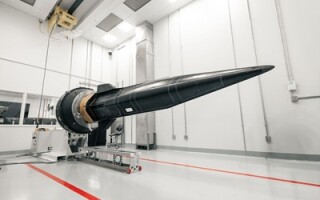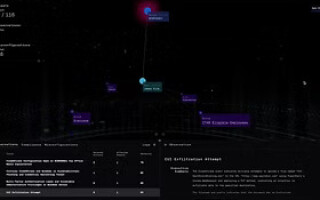DARPA tasks Rockwell Collins to develop back-up GPS technologies for contested regions
NewsSeptember 21, 2015
CEDAR RAPIDS, Iowa. The Defense Advanced Research Projects Agency (DARPA) has selected Rockwell Collins to develop GPS back-up technologies under DARPA’s Spatial, Temporal, and Orientation Information in Contested Environments (STOIC) program, where the goal is to reduce the warfighter’s GPS dependence during military operations.
The program is comprised of three main elements that combined have the potential to provide global positioning, navigation, and timing (PNT) that is independent of GPS, including long-range reference signals, tactical clocks, and multifunctional systems that provide PNT information between cooperative users in contested environments.
Under this agreement, engineers at Rockwell Collins are tasked with developing the third element of the program, to develop architectures and techniques allowing communication systems to support time transfer and position between moving platforms independent of GPS, but has no impact on the communications functionality.
“STOIC technology could augment GPS, or it may act as a substitute for GPS in contested environments where GPS is degraded or denied,” says John Borghese, vice president of the Rockwell Collins Advanced Technology Center. “The time-transfer and ranging capabilities we are developing seek to enable distributed platforms to cooperatively locate targets, employ jamming in a surgical fashion, and serve as a backup to GPS for relative navigation.”
Read more on navigation:
Secure soldier radio communications introduced at DSEI 2015
Metadata: When target video data is not enough
Sensor fits in military guidance, navigation applications





